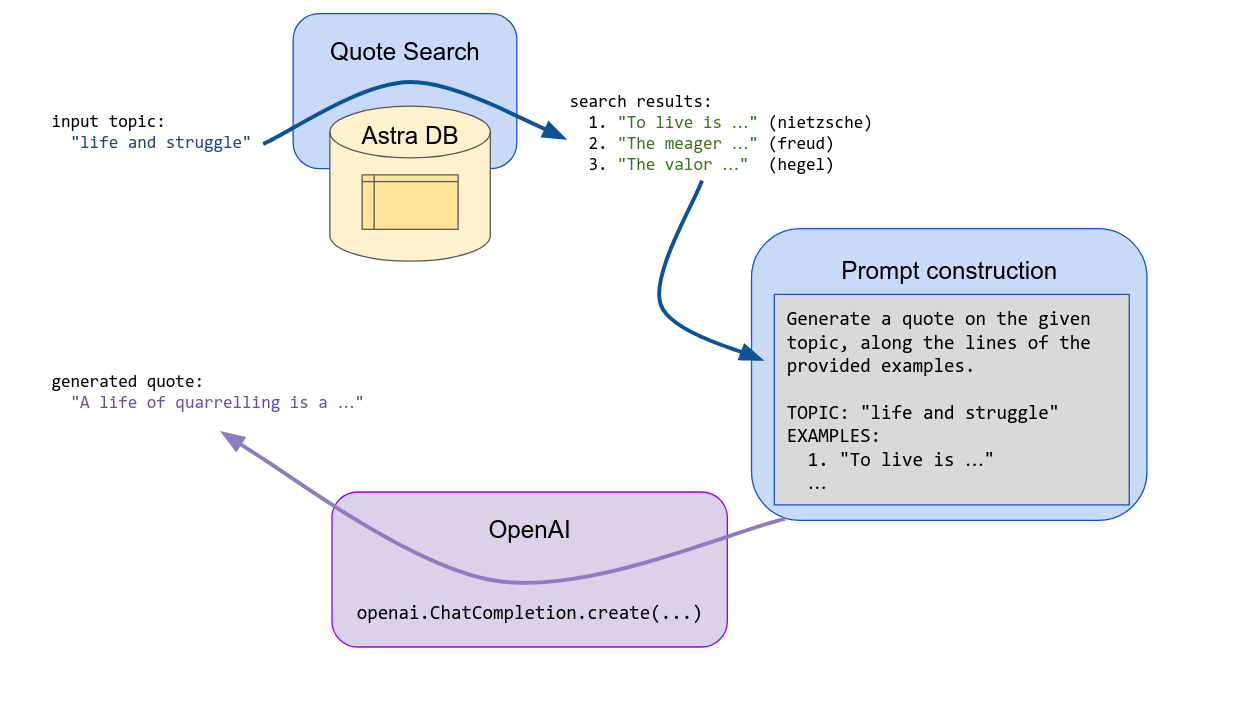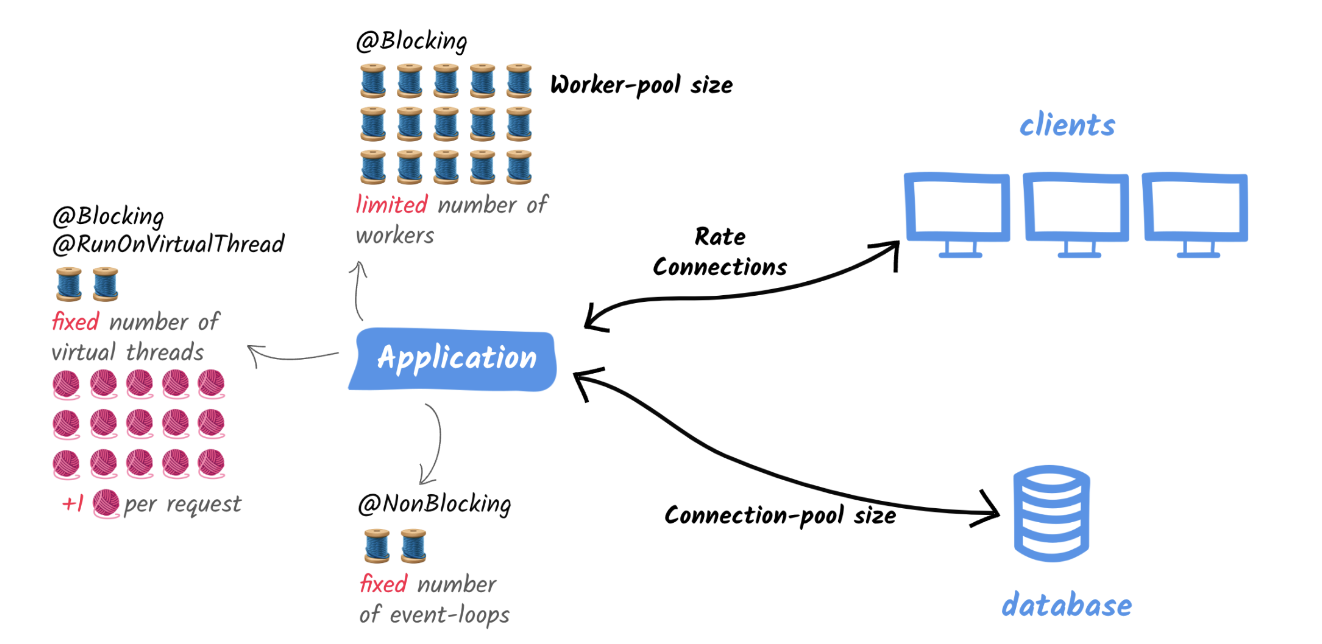Welcome to the third part of our series on building a Philosophy Quote Generator with Vector Search and Astra DB. In this part, we will dive deeper into the implementation details and explore how to optimize the generator for better performance and user experience.
Setting Up Vector Search
Setting up vector search involves several key steps to ensure its effectiveness and accuracy. First, you need to choose a suitable vector search engine, such as Milvus or Faiss, based on your specific needs and requirements. Next, you’ll need to prepare your data for vectorization by converting it into a suitable format, such as numerical vectors, using techniques like word embeddings or image embeddings.
Once your data is prepared, you can start building your vector index. This involves creating a data structure that can efficiently store and retrieve vector embeddings. You’ll also need to define a suitable similarity metric, such as cosine similarity or Euclidean distance, to measure the similarity between vectors.
- Embedding Quotes: We first need to embed each quote into a vector space. This can be done using pre-trained word embeddings or by training our own embedding model on a large corpus of text.
- Building Index: Once we have embedded all the quotes, we need to build an index that allows us to quickly search for similar vectors. This index can be built using libraries like Faiss or Annoy.
- Searching for Similar Quotes: With the index in place, we can now search for similar quotes based on a given query. The search results can be ranked based on their similarity scores and presented to the user.
Optimizing for Performance
Optimizing a system for performance involves several strategies to ensure that it operates efficiently and delivers results quickly. One key aspect is optimizing the data storage and retrieval process. This can include using efficient data structures, such as hash tables or tree structures, to store and organize data for fast retrieval.
Another important consideration is optimizing algorithms and queries. This can involve using more efficient algorithms, such as binary search or quicksort, to process data quickly. It can also involve optimizing queries to minimize the amount of data that needs to be processed.
- Caching: We can cache the search results to reduce the number of queries to the index. This can significantly improve the response time, especially for frequently searched queries.
- Batch Processing: Instead of processing each query individually, we can batch multiple queries together and process them in parallel. This can help us take advantage of modern hardware’s parallel processing capabilities.
- Index Compression: If the size of the index becomes a bottleneck, we can consider compressing the index using techniques like product quantization or PCA-based compression. This can reduce the memory footprint of the index without significantly affecting search performance.
Conclusion
In this article, we have explored how to set up vector search for our Philosophy Quote Generator and discussed some strategies to optimize its performance. By following these guidelines, we can build a fast and efficient quote generator that provides users with meaningful and inspiring quotes.
FAQS:
Can users contribute quotes to the philosophy quote generator?
Yes, users can contribute quotes to the generator, which can be stored in Astra DB and used in future searches.
How can users search for quotes in the philosophy quote generator?
Users can search for quotes by entering a query quote, which the generator will use to find similar quotes using vector search.
Is the philosophy quote generator accessible online?
Yes, the philosophy quote generator can be made accessible online, allowing users to access it from anywhere with an internet connection.
Are there any limitations to the philosophy quote generator?
Some limitations may include the accuracy of the vector representations of quotes and the size of the database in Astra DB. Improvements in these areas can enhance the generator’s performance.
Can the philosophy quote generator be customized for specific philosophical themes or authors?
Yes, the generator can be customized to focus on specific themes or authors by filtering the quotes based on their content or source.



